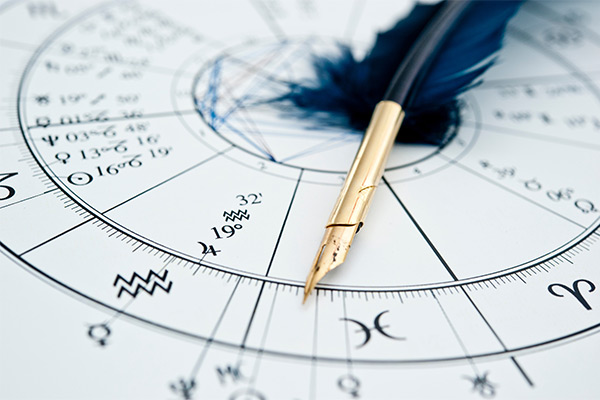
Astrology, an ancient belief system that connects celestial movements with human life, has been an integral part of cultures worldwide. Throughout history, various civilizations have developed their unique approaches to astrology, shaping their beliefs and practices. In this comparative analysis, we explore the fascinating world of astrology across different cultures, unveiling its diverse manifestations and common threads.
The cradle of civilization, Mesopotamia, witnessed the birth of astrology. As early as the 2nd millennium BCE, the Babylonians developed celestial divination systems, observing the skies for omens and predicting events. Astrologers closely linked planetary movements to earthly affairs, influencing decisions in governance, agriculture, and social life.
Also read: Zodiac Sign Mythology: The Stories and Legends Behind the Signs
India’s ancient Vedic texts laid the foundation for Jyotisha, a highly regarded branch of astrology. Vedic astrologers interpret planetary positions at the time of birth to reveal one’s karma and dharma, guiding life’s journey. The twelve zodiac signs, or Rashis, represent specific attributes and characteristics, guiding personal and professional choices.
Chinese astrology, deeply rooted in Daoist principles, revolves around the lunar zodiac and the five elements (Wood, Fire, Earth, Metal, Water). Each year is associated with an animal sign, creating a twelve-year cycle. The Chinese Zodiac influences individual personalities, compatibility, and the auspicious timing of important life events.

In ancient Egypt, astrology intertwined with mythology and religious beliefs. Priests studied the skies to connect with the gods, seeking guidance on matters like agriculture and royal decisions. Each god was linked to specific planets and stars, impacting the destinies of individuals and the nation.
Indigenous cultures across North and South America incorporated astrology into their spiritual practices. Native American astrology is centered around animal totems and the influence of natural elements. Birthdates are associated with specific animals, reflecting unique traits and spiritual significance.
The Hellenistic influence on astrology resulted in Greco-Roman astrologers systematizing the twelve zodiac signs. This approach classified individuals into distinct archetypes, providing insights into their personalities and destinies. Greco-Roman astrologers also emphasized the significance of the planets in various houses, shaping birth chart interpretations.
Islamic and Persian civilizations integrated astrology into their cultures. Islamic astrologers developed intricate techniques such as geomancy and horary astrology, guiding decisions on various matters. Persian astrologers focused on astral omens, linking planetary alignments to significant events.
African astrology varies across regions, reflecting diverse belief systems. Ancestral connections are a central theme, as diviners use astrology to communicate with spirits and ancestors. In Yoruba tradition, the Ifá divination system involves casting palm nuts to interpret the will of the gods.
Astrology’s prevalence across different cultures demonstrates its timeless appeal and universal fascination. From the ancient civilizations of Mesopotamia to the diverse traditions of African cultures, astrology has shaped the way people perceive the world and their place in it. While each culture has developed its unique approach to astrology, the common thread that unites them all is the belief in the interconnectedness of celestial movements and human life. As we continue to explore the mysteries of the universe, astrology remains an enduring guide to understanding ourselves and our place in the cosmos.
Also read: Palmistry Myths and Misconceptions: Separating Fact from Fiction
Follow us on Instagram.
3,521
3,521




Choose your and your partner's zodiac sign to check compatibility